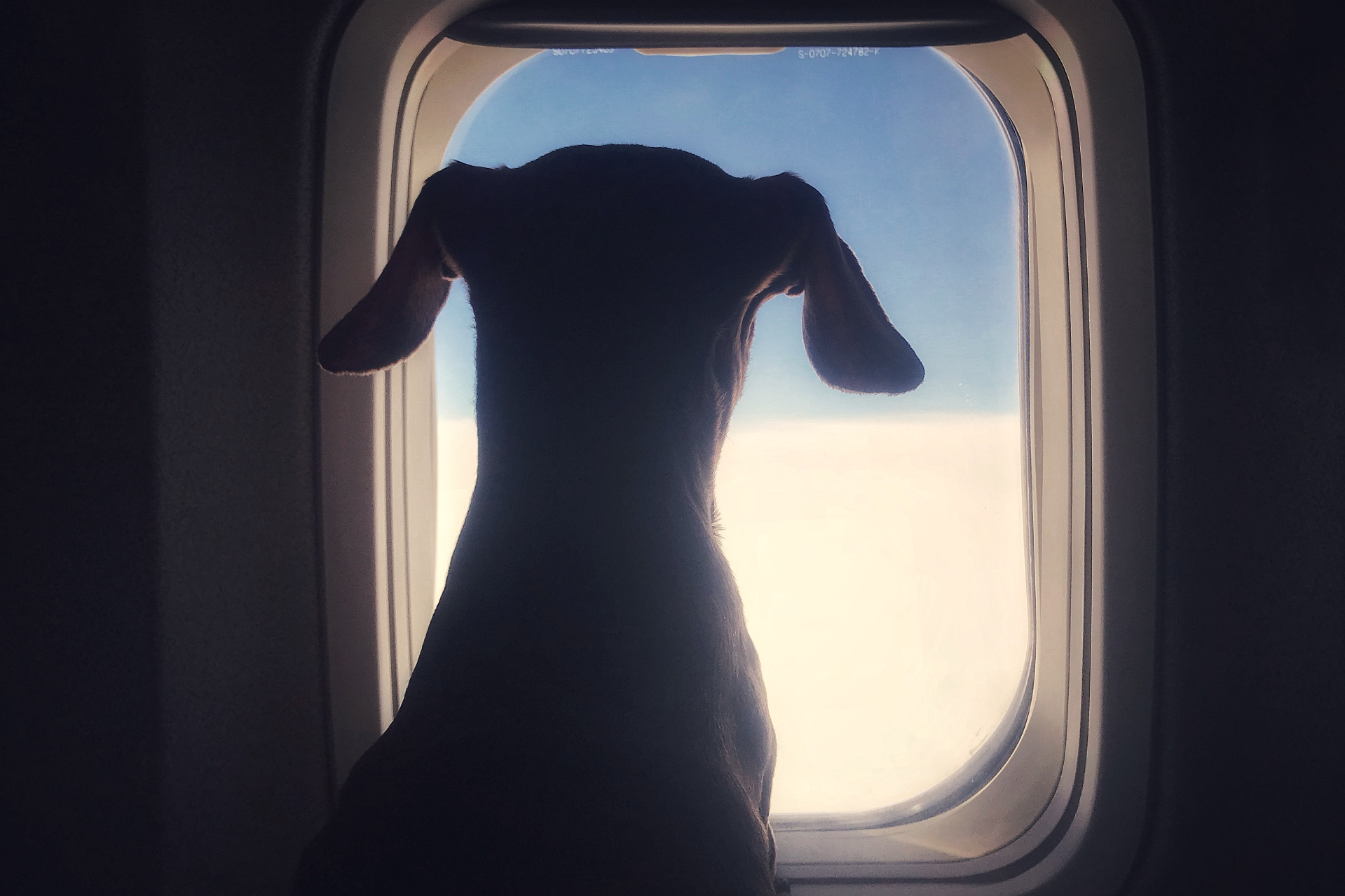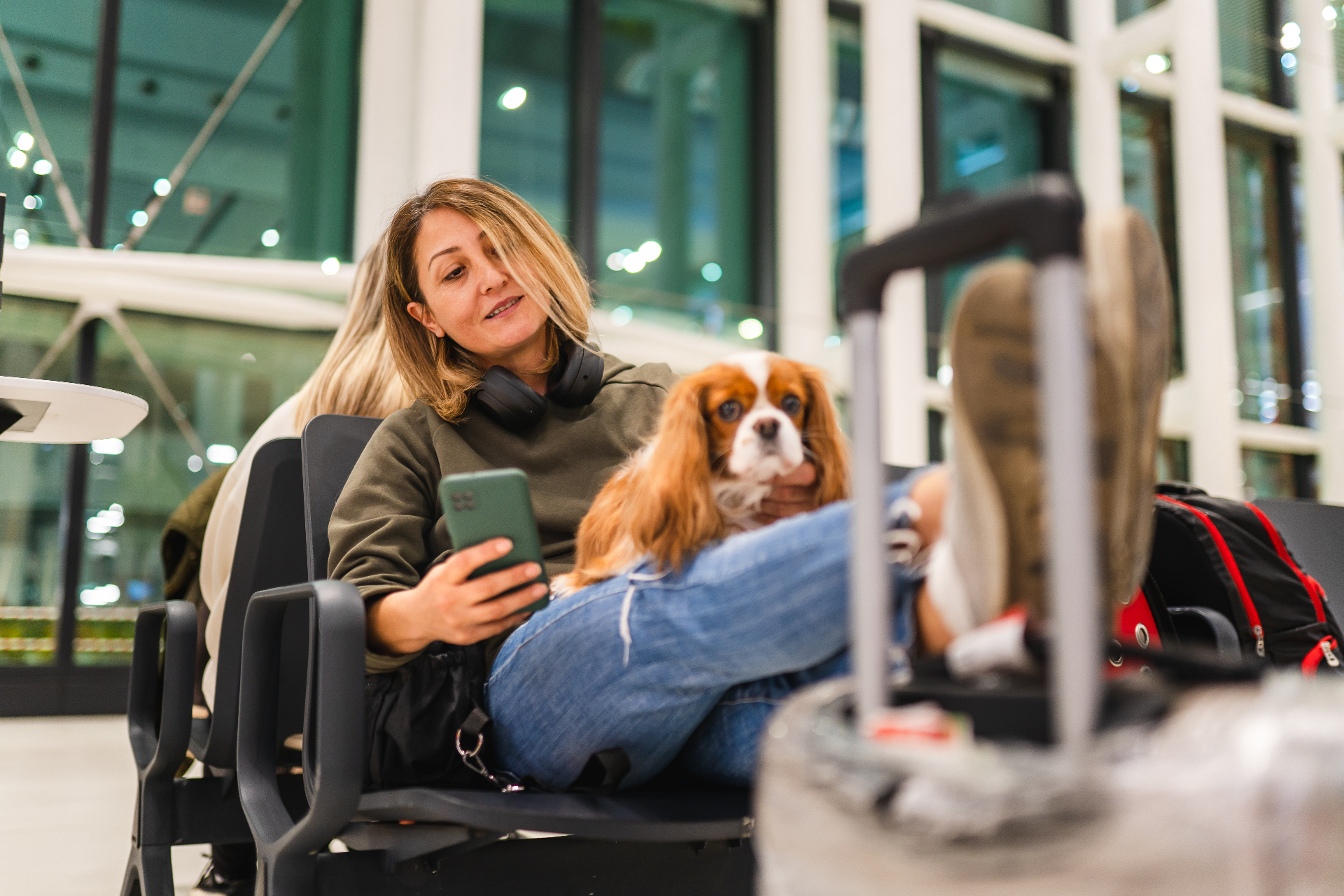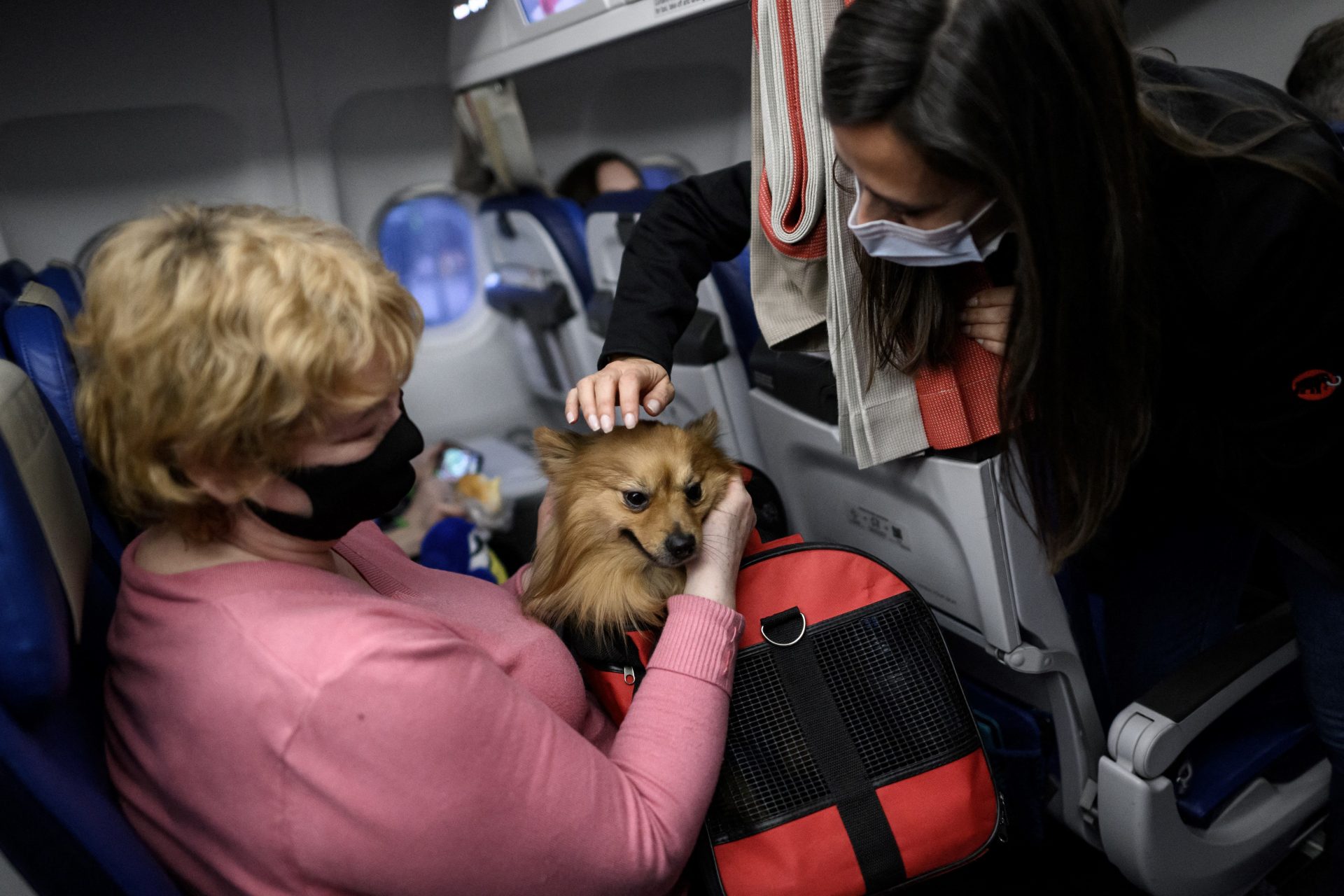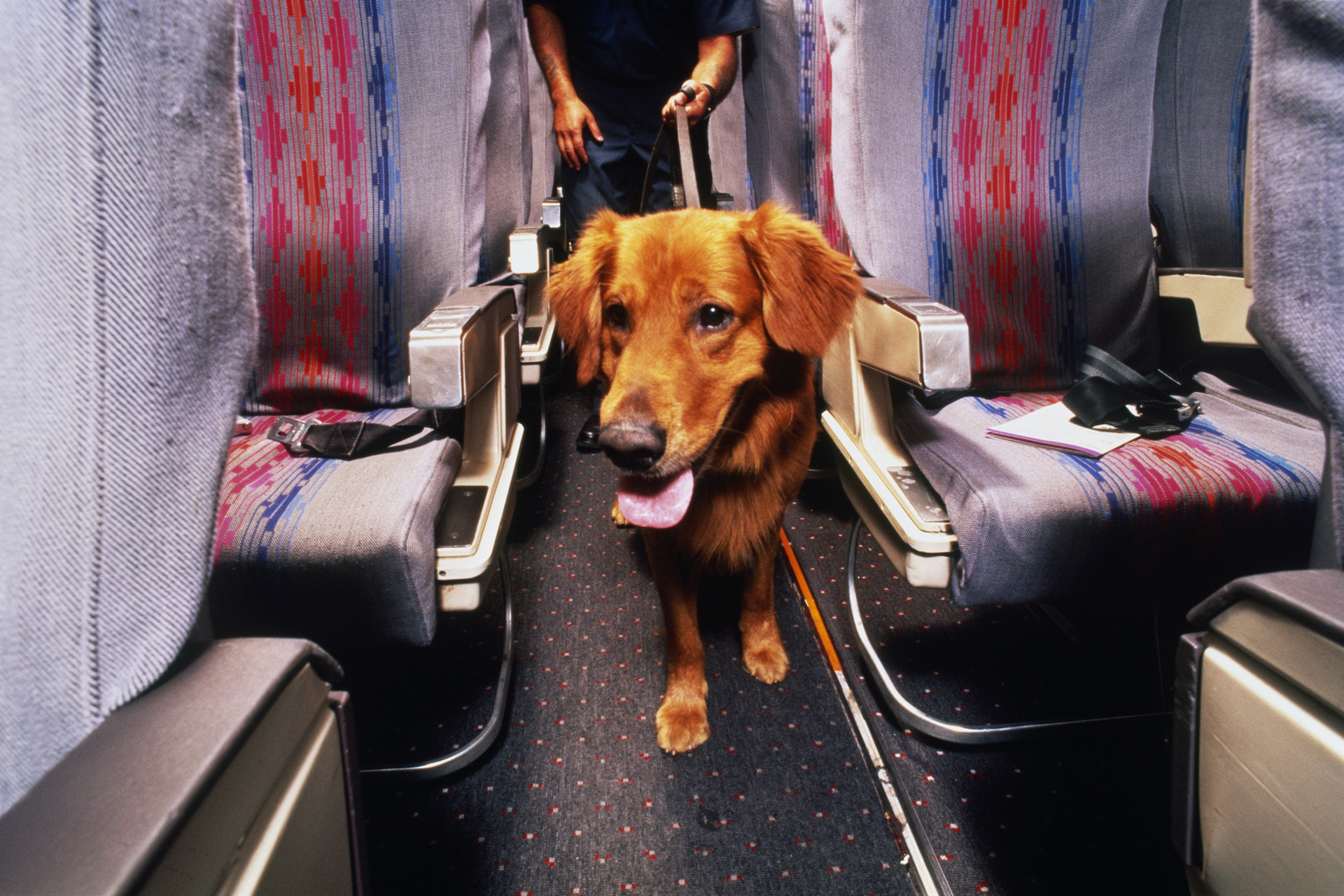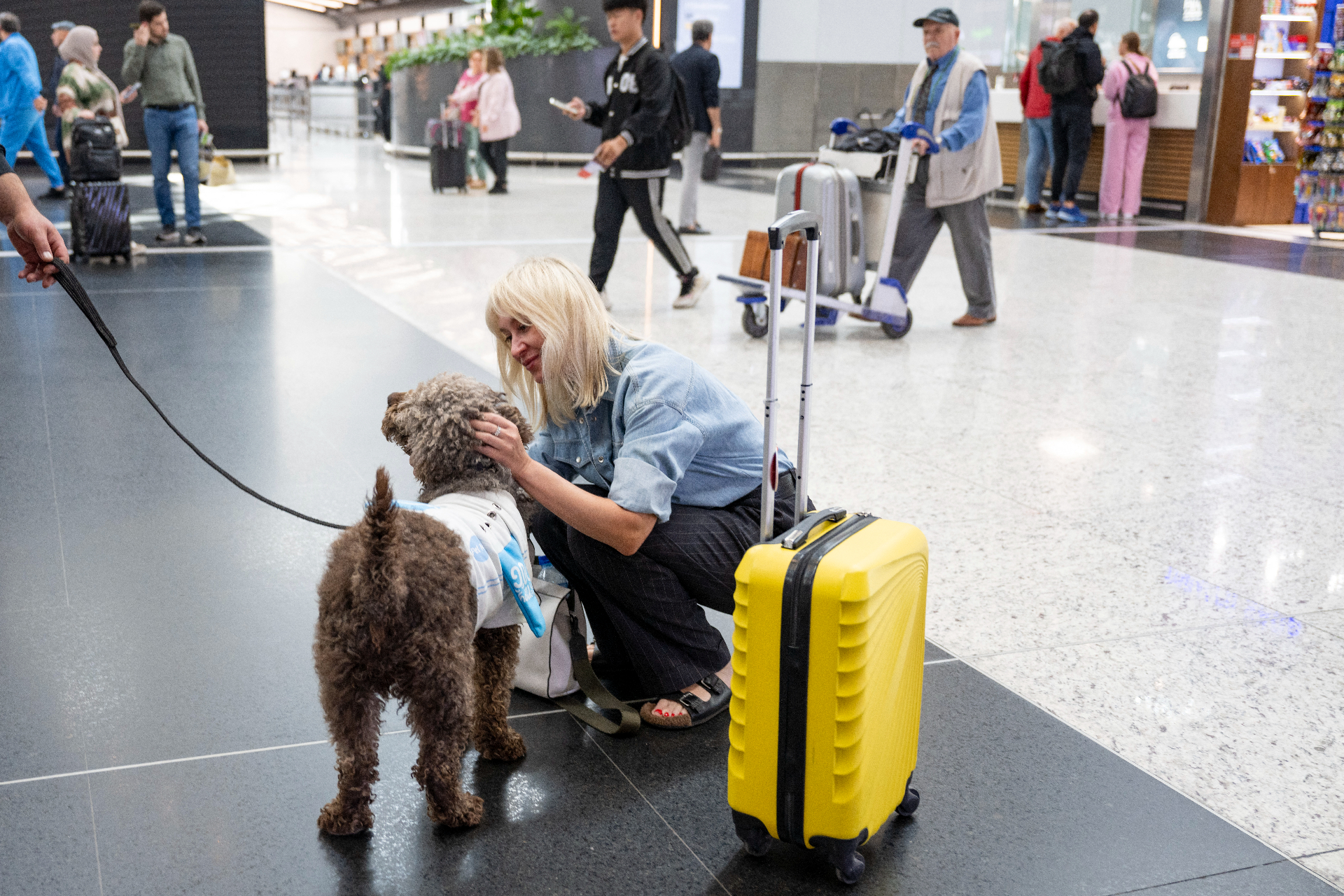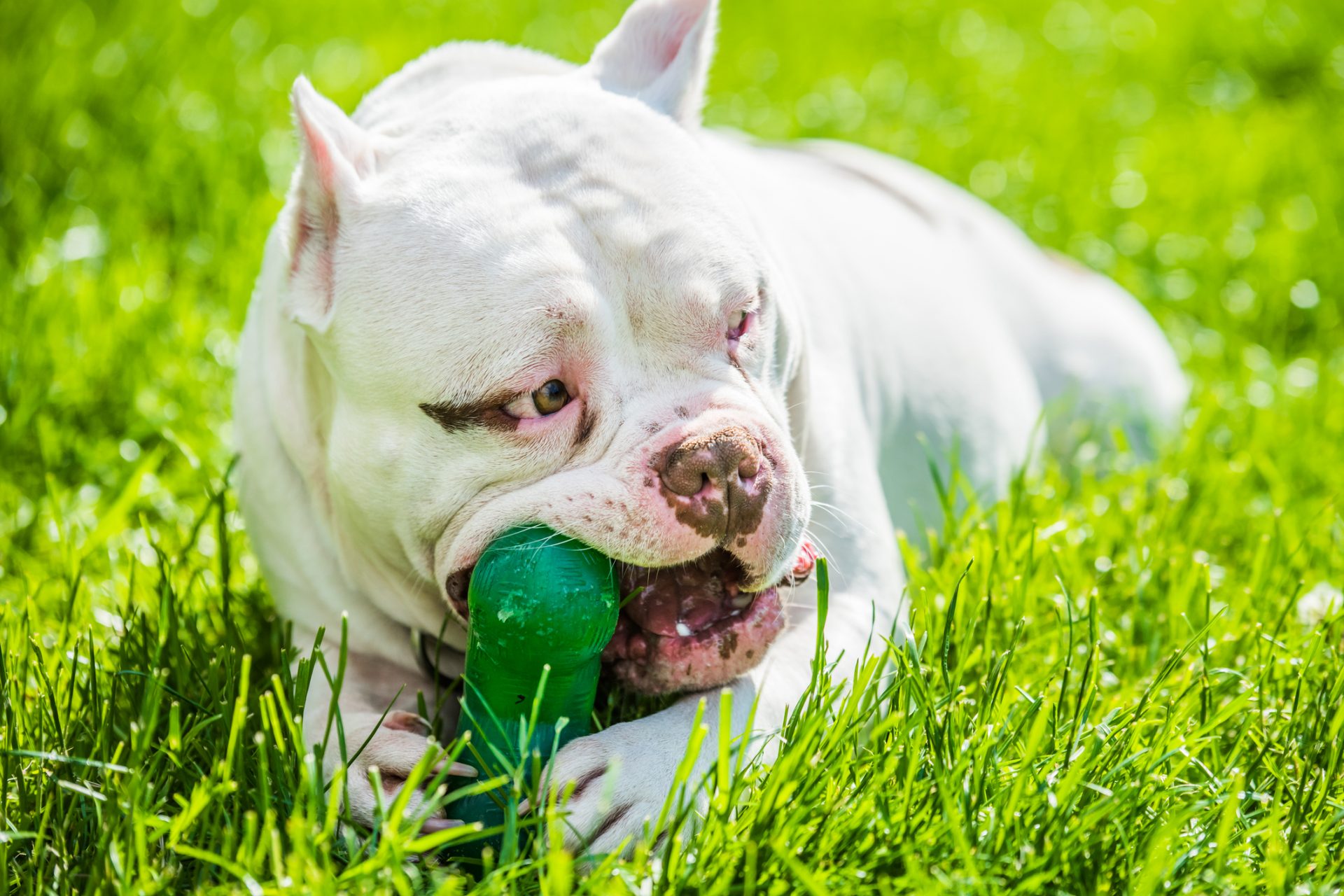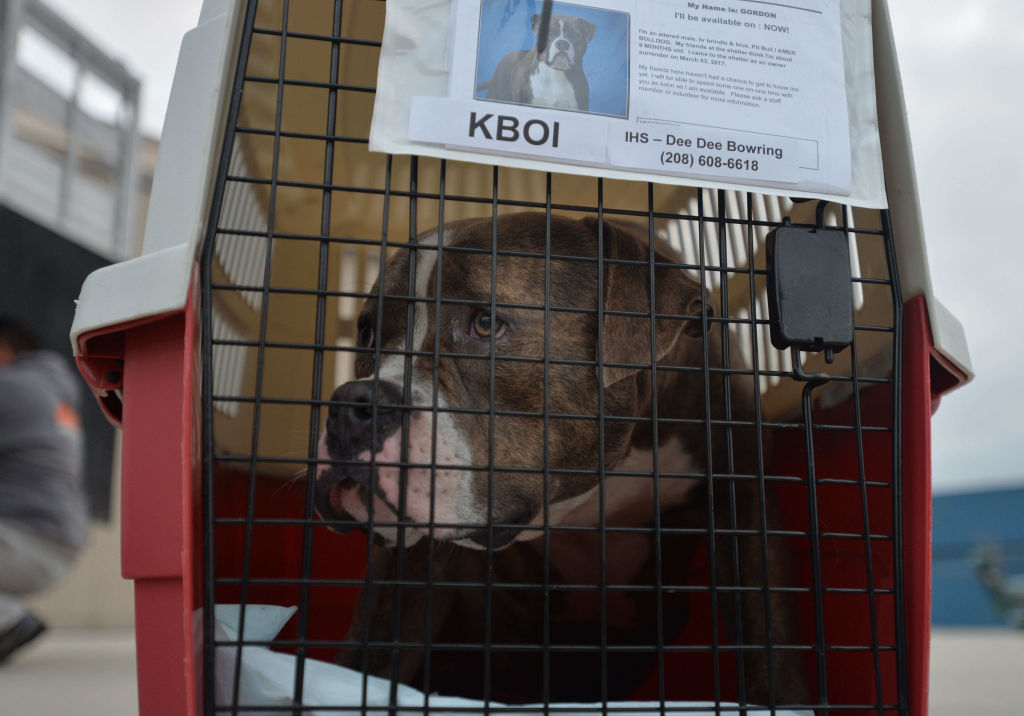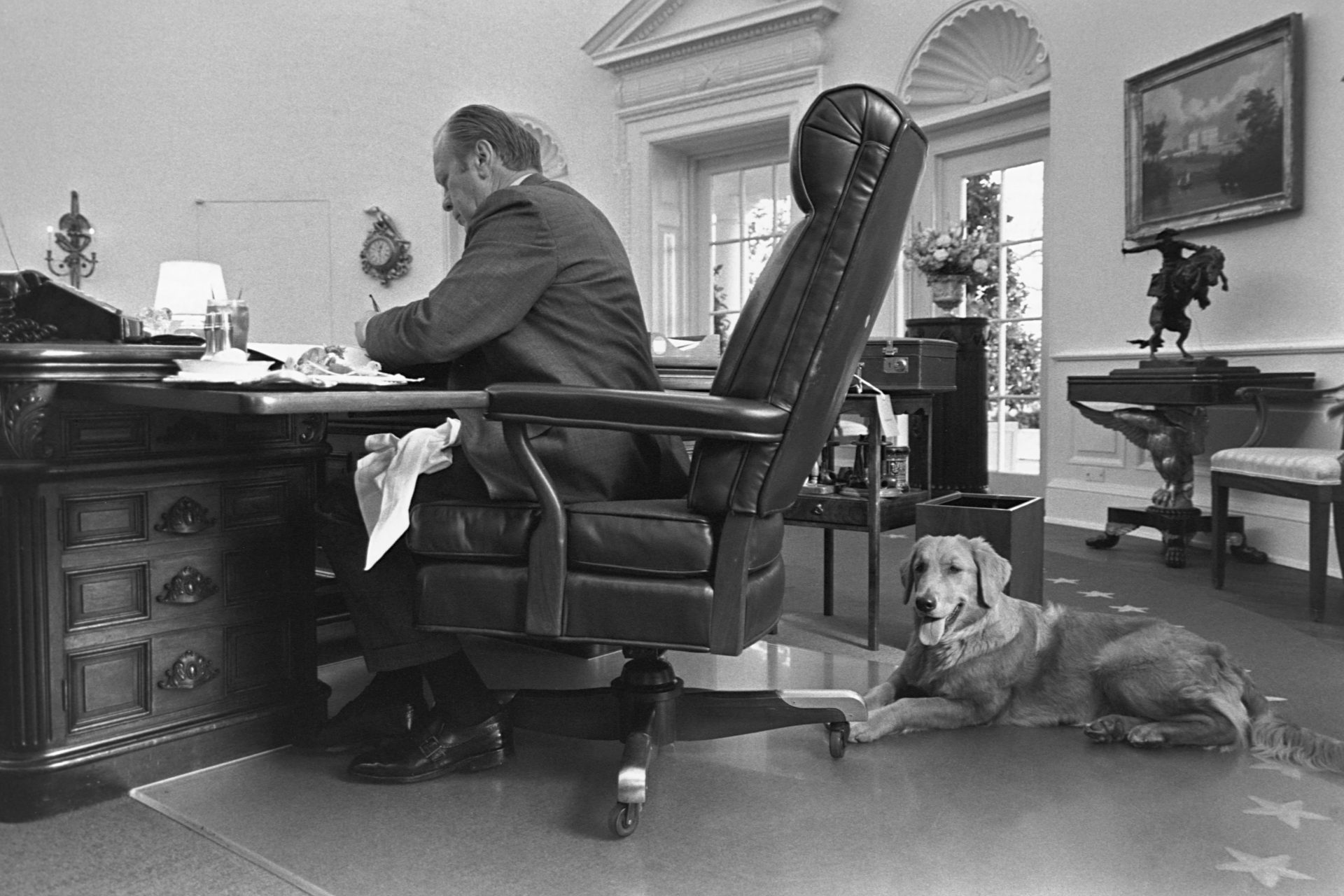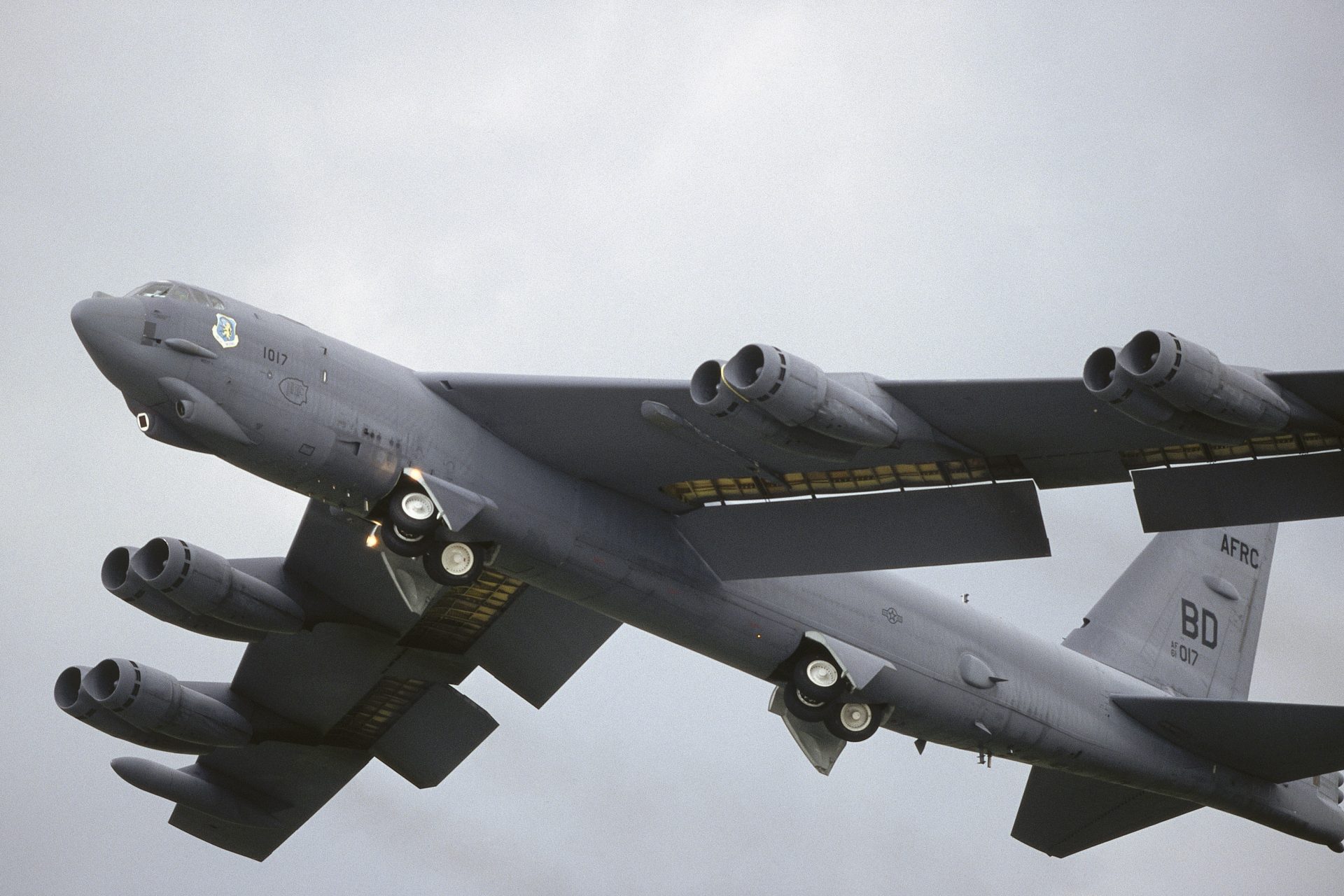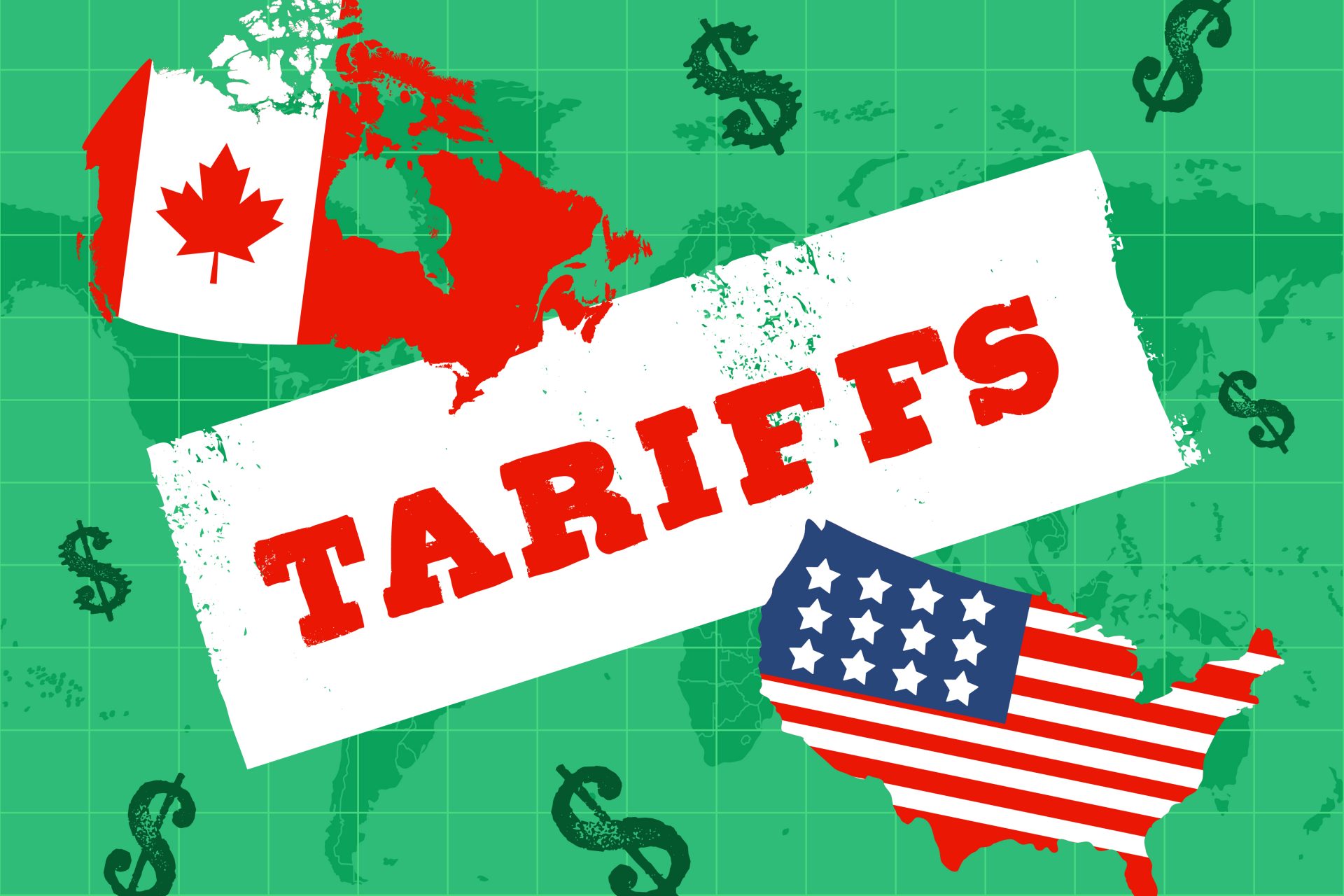Bark Air promises a new era of dog travel
Bark Air, a new airline connecting New York with Los Angeles and London, opened its doors recently, but those entering through their jet’s stairs will not do it with two feet: they will do it with four paws.
Bark Air promises comfortable traveling for owners and their dogs. According to what the airline’s representatives told NPR, the inaugural flight was successful with “no drama” involved.
The new airline also offers a “VIP” service to furry friends, centering the flight experience on them rather than on humans. This includes allowing them in the cabin and offering them first-class treatment.
According to The Washington Post, one of the most complex parts of the logistics is the bathrooms or lack thereof. Dogs can go anywhere on Bark Airplanes, and the crew will clean immediately.
Food is also a challenge. According to NPR, the airline offers snacks and drinks in bowls and even serves chicken-flavored “puppuccinos.”
With those complex logistics, prices can be high. The flight is designed as a luxury experience, and tickets can cost up to $6,000 for a dog and its human companion.
The airline’s parent company, Bark, has several brands dedicated to dogs. They produce food, clothing, accessories, and toys.
The first dog-center flights occurred a couple of years after the Department of Transportation reduced the instances in which it allowed animals to board commercial flights.
According to The Washington Post, in December 2020, the agency said airlines would not be required to accommodate emotional support animals as they do trained service dogs.
The agency said that too often, people tried to fly with unusual species like mini horses, squirrels, or peacocks. Some animals were disruptive, and owners usually presented insufficient paperwork.
Still, pet-friendly spaces and businesses have only grown in the last few years, as pet ownership has become the norm, especially among young people without children.
According to The Conversation, cat and dog ownership in Canada grew about 10% in the last decade. There are more than 16 million across the country. Small dog ownership in the US rose from 34.1 million in 2008 to 40.8 million in 2012.
Therefore, business related to pet ownership has surged. In addition to the classic daycares and dog-walking companies, there are increasingly creative options.
The increase in dog and cat ownership has also influenced companies. According to Forbes, many have made their offices pet-friendly to boost return-to-office rates after the pandemic.
However, The Conversation pointed out pet-friendly offices can be a double-edged sword. Pet lovers will be thrilled, but those who find animals stressful might become less productive.
Photo: Andy Orin / Unsplash
Still, cat-people and dog-people will only be taking up more space from now on. Both Forbes and The Conversation agree that, as fewer millennials decide to marry and have children, pets continue to gain a more stellar role in homes.
Never miss a story! Click here to follow The Daily Digest.
More for you
Top Stories



